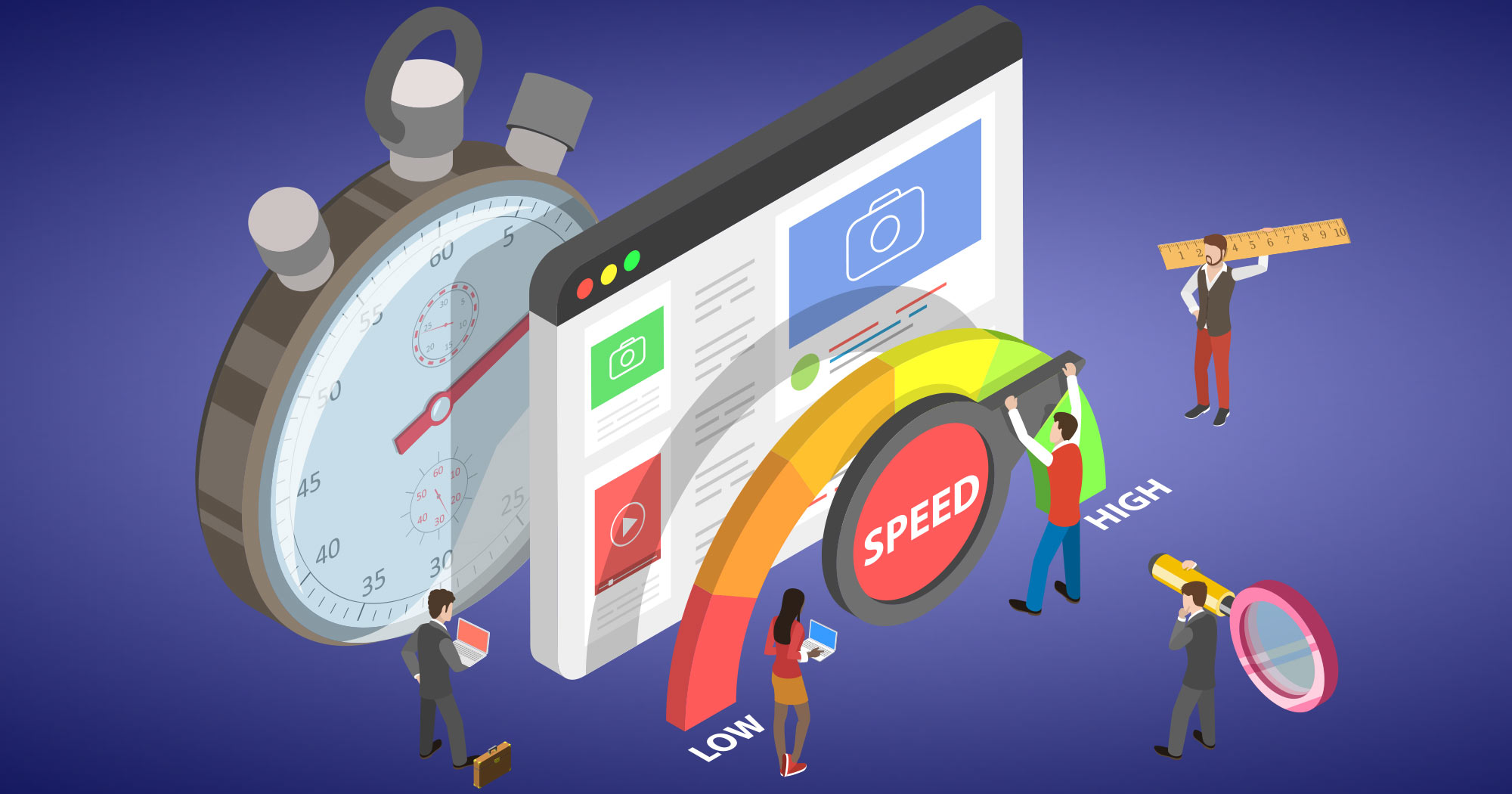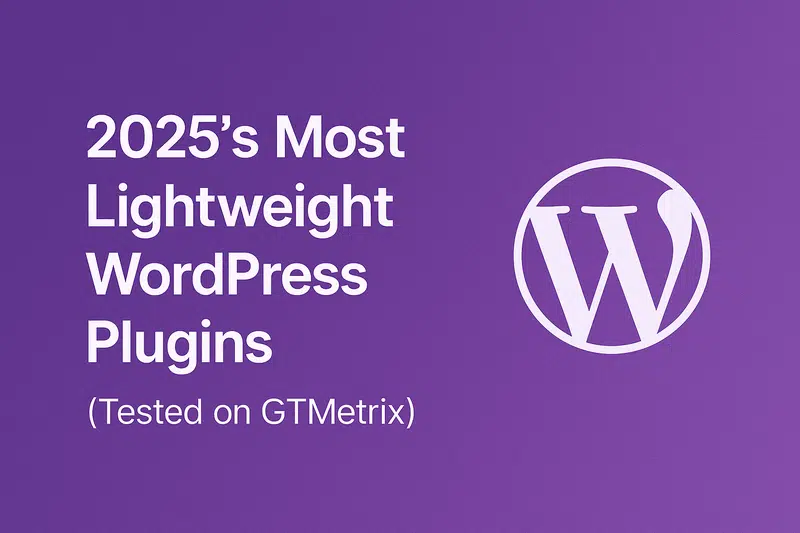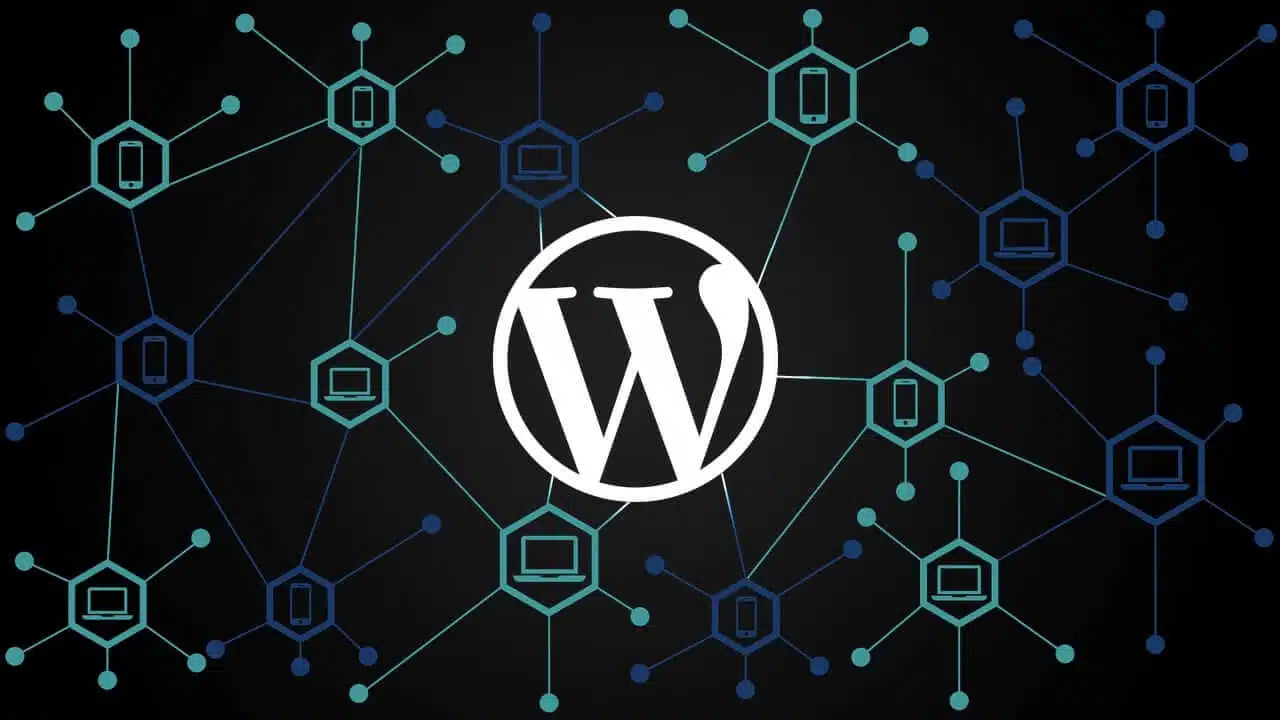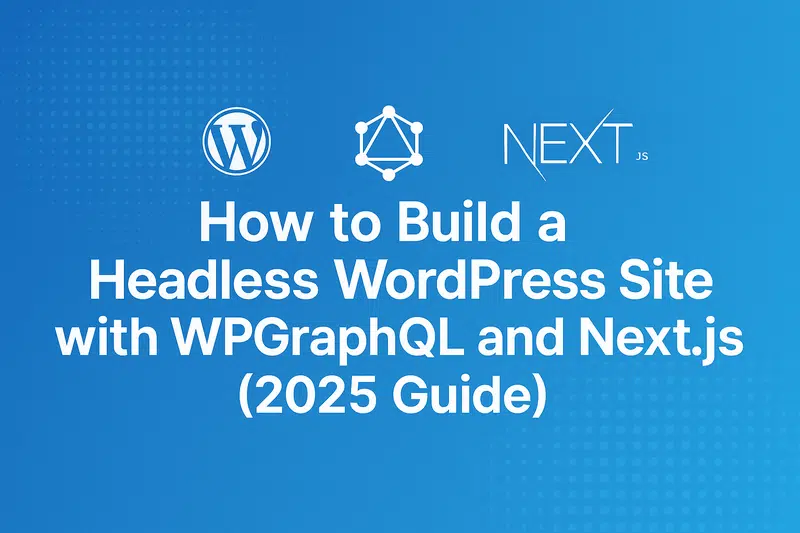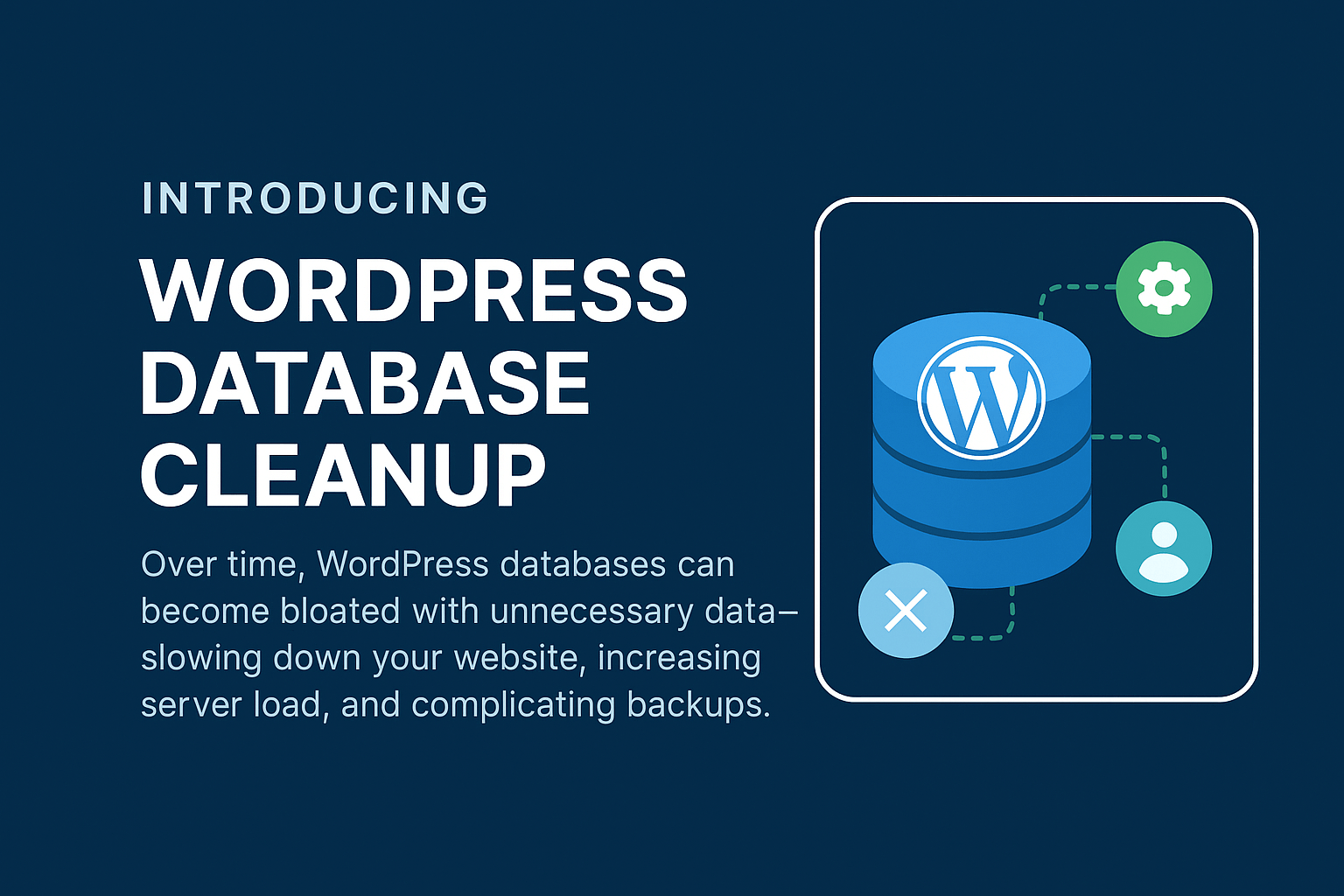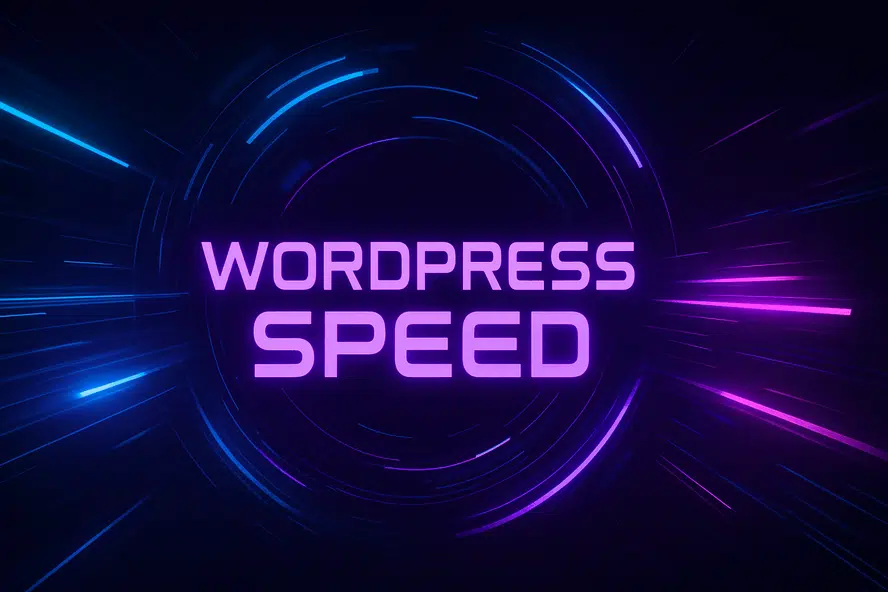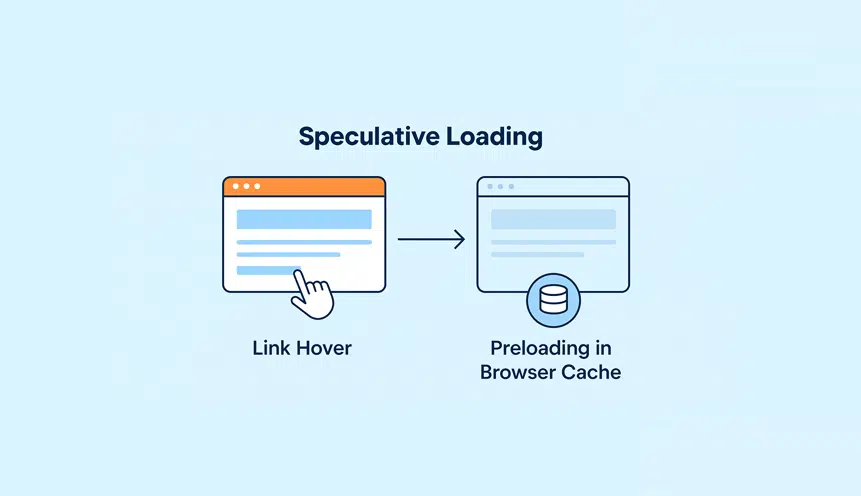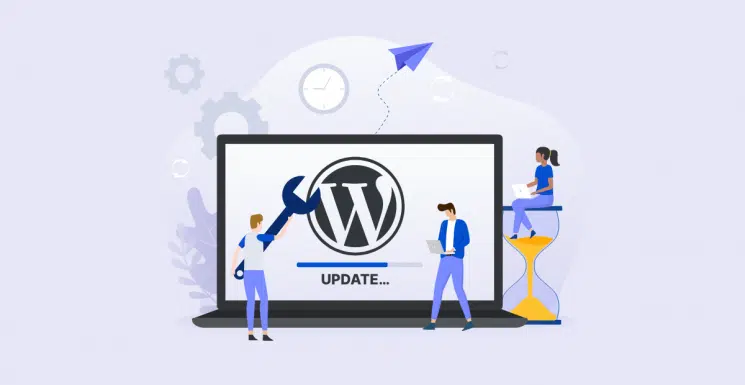Simple Tricks to Enhance WordPress Loading Speed

Introduction to WordPress Loading Speed:
In an era where users demand instant results and have no patience for slow-loading websites, it is crucial for website owners to prioritize the loading speed of their WordPress sites.
A slow-loading website not only frustrates users and increases bounce rates but also affects search engine rankings. In this article, we will discuss some simple yet effective tricks to enhance the loading speed of your WordPress site.
1. Optimize Images:
Images are a major culprit when it comes to slowing down website loading times. To optimize your images, make sure to compress them without compromising on quality.
You can use online tools or WordPress plugins like Smush or Imagify for effortless image optimization. Additionally, dimensions and resolution should be adjusted to match the specific requirements of your website.
2. Choose a Fast and Reliable Web Hosting Provider:
One of the vital factors affecting website loading speed is the web hosting provider. Opt for a hosting provider that offers fast server response times, solid-state drives (SSDs), and efficient caching mechanisms.
Top recommended hosting providers for WordPress sites like us at https://www.wpfixit.com/secure-reliable-wordpress-hosting.
3. Enable Browser Caching:
Browser caching is a technique that stores static files such as images, CSS, and JavaScript in a visitor’s browser for a specific time.
This allows subsequent visits to the website to load faster, as the browser retrieves the cached files instead of requesting them from the server again.
You can easily enable browser caching by installing a caching plugin like WP Rocket.
4. Minify CSS and JavaScript:
Minification refers to the process of removing unnecessary characters like spaces, line breaks, and comments from CSS and JavaScript files.
Doing so reduces the file size, leading to faster loading times. WordPress plugins such as Autoptimize or WP Rocket help in automatically minifying your site’s CSS and JavaScript files, enhancing its overall performance.
5. Leverage Content Delivery Networks (CDNs):
Content Delivery Networks work by distributing your website’s static content across multiple servers around the world. This reduces the physical distance between the server and the user, resulting in faster loading times.
Popular CDNs like Cloudflare or MaxCDN offer easy integration with WordPress sites and provide additional security features as well.
6. Use a Lightweight Theme:
The choice of a theme significantly impacts the loading speed of your WordPress site. Opt for a lightweight, well-coded theme that focuses on speed optimization.
Themes such as Astra, GeneratePress, or Schema Lite are known for their efficient coding and fast loading times. Avoid using bloated themes with excessive features and unnecessary plugins, as they tend to slow down your website.
7. Limit the Use of Plugins:
While plugins can enhance the functionality of your WordPress site, an excessive number of plugins can introduce unnecessary bloat and slow down your website.
Regularly review your installed plugins and deactivate or delete any that are not essential. Additionally, opt for lightweight and well-maintained plugins that don’t negatively impact your loading speed.
WordPress Loading Speed FAQs:
1. How can I test my website’s loading speed?
You can use online tools like Google PageSpeed Insights, GTmetrix, or Pingdom to test your website’s loading speed. These tools provide valuable insights on loading time, overall performance, and suggestions for improvements.
2. Do website loading speeds affect search engine rankings?
Yes, search engines like Google take loading speed into account when determining search rankings. A slow-loading website can negatively impact your SEO efforts and organic traffic.
3. What is the ideal loading speed for a website?
The ideal loading speed for a website is less than 2 to 3 seconds. Research shows that users tend to abandon a website if it takes more than a few seconds to load.
Conclusion on WordPress Loading Speed:
Enhancing the loading speed of your WordPress site is crucial for providing a smooth user experience and improving search engine rankings.
By implementing the tricks mentioned above, such as optimizing images, choosing a reliable hosting provider, enabling browser caching, and leveraging CDNs, you can significantly improve your website’s loading speed.
Remember to regularly test your website’s speed and make necessary adjustments to ensure optimal performance.
Post Summary for WordPress Loading Speed:
In this article, we learn about simple tricks to enhance the loading speed of a WordPress site. First, we should optimize images by compressing them without compromising quality.
Choosing a fast and reliable web hosting provider is also crucial. Enabling browser caching allows for faster loading times on subsequent visits to the site.
Minifying CSS and JavaScript files by removing unnecessary characters reduces file size. Leveraging content delivery networks (CDNs) distributes website content across multiple servers, reducing loading times.
Using a lightweight theme and limiting the use of plugins also improves loading speed.
Overall, enhancing loading speed improves user experience and search engine rankings.





